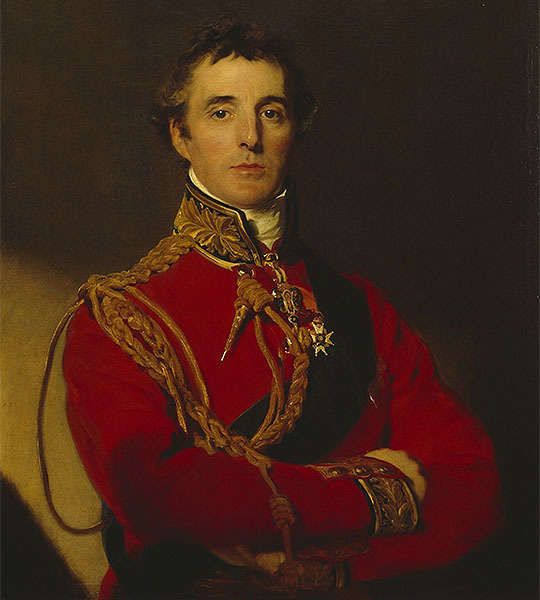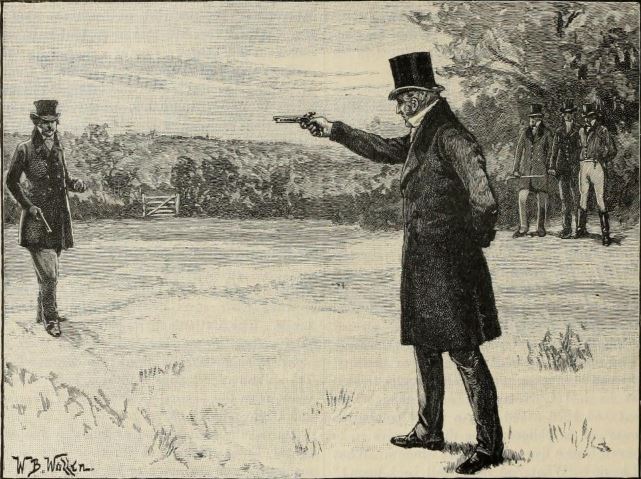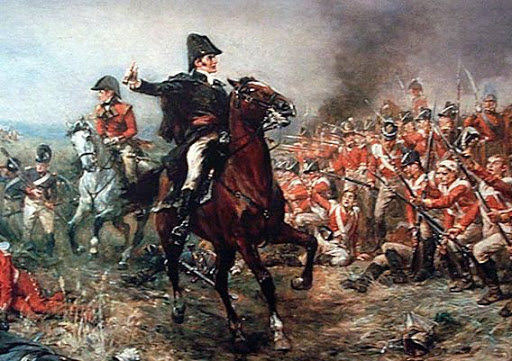
Sir Arthur Wellesley, more popularly known as the Duke of Wellington, was not a man given to fear.
The hero of Waterloo (and at least sixty other battles), Wellington did not flinch from danger, either on the battlefield or off it. He was more than willing to call out those who gave him offense, facing them across the dueling ground when engaging in pistols at dawn.

After leaving the military life behind him, Wellesley entered the murkier arena of politics, ultimately rising to hold the office of prime minister in 1828. Despite his wholesome public image, Wellesley was what the British today like to refer to as “a bit of a shagger” — in other words, quite the ladies’ man. He had fame, reasonably good looks, and power…and often used them to his advantage.
The fact that he was married didn’t stop Wellesley from engaging in a number of extra-marital affairs. This penchant for adultery ultimately came back to bite him in a very public way when Joseph Stockdale, a societal bottom-feeder and muckraker, attempted to blackmail him in 1824. Stockdale had gained access to the memoirs of Hariette Wilson, a courtesan with whom Wellesley had engaged in several illicit liaisons (if Wilson is to believed, the affair went on for a number of years).

The memoirs, full of salacious and prurient detail that was sure to shock society at all levels, were going to be published no matter what, Stockdale explained in a letter to the Duke, but the implication was that for a small consideration (in other words, a bribe) Sir Arthur’s name could easily be omitted from their pages.
Wellesley’s reply to this threat of blackmail was as unequivocal as it was bold: “Publish and be damned!” he declared. Which is exactly what happened. Stockdale did publish, and the memoirs sold exceedingly well. Wellesley’s reputation, though tarnished in the public eye, did not fare too badly, for he went on to become the political leader of the nation.
Whatever one might think of Sir Arthur Wellesley’s personal behavior, one thing cannot be denied: despite being a public figure and holding high office, he was a man who would rather have his personal weaknesses exposed for all to see, than to cower in fear from those who sought to reveal them.
The willingness to be scorned for one’s weaknesses, rather than engage in a cover-up, is a quality which so many of today’s politicians seem to lack.


